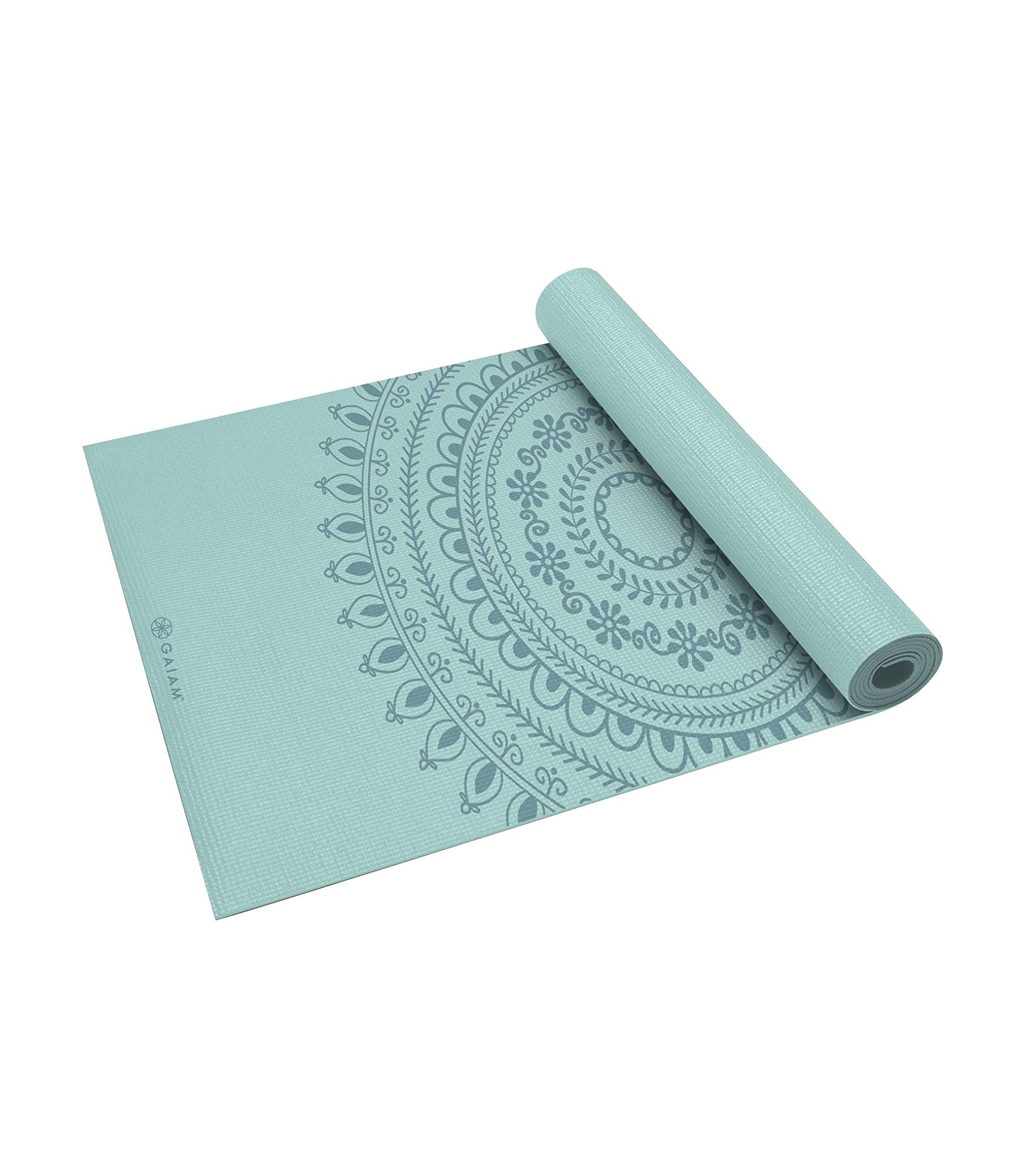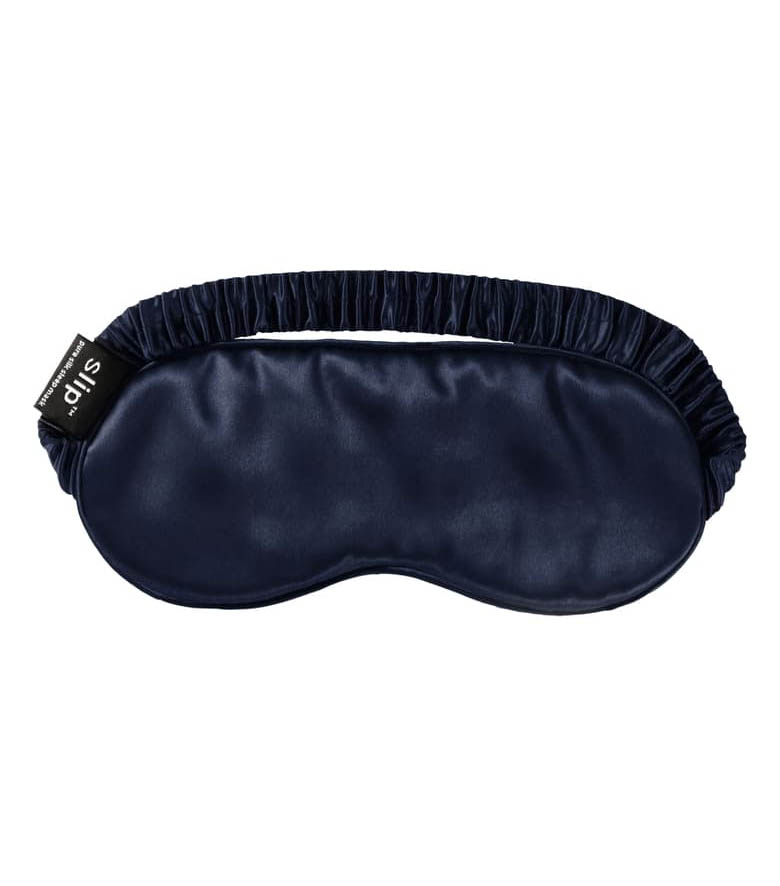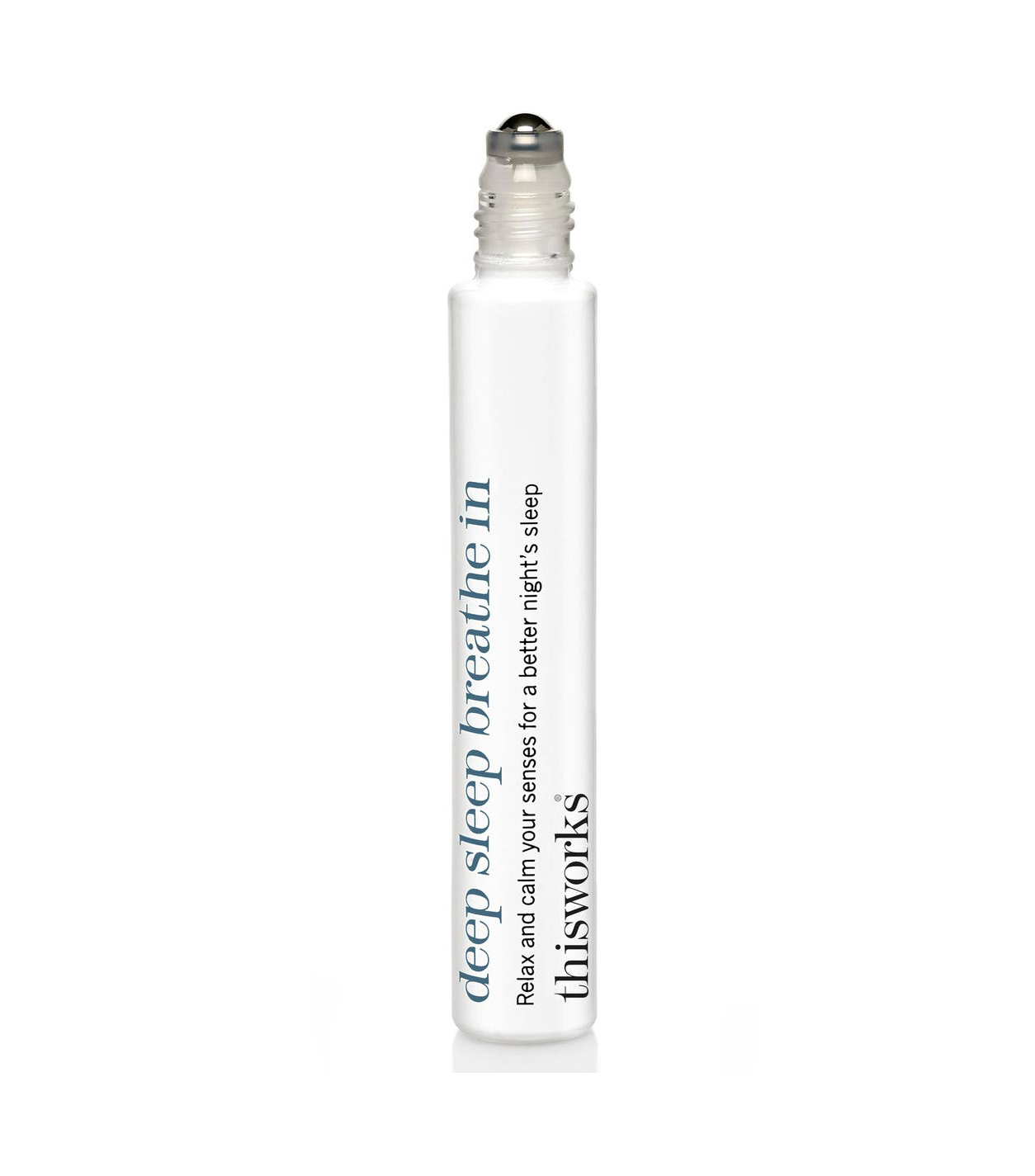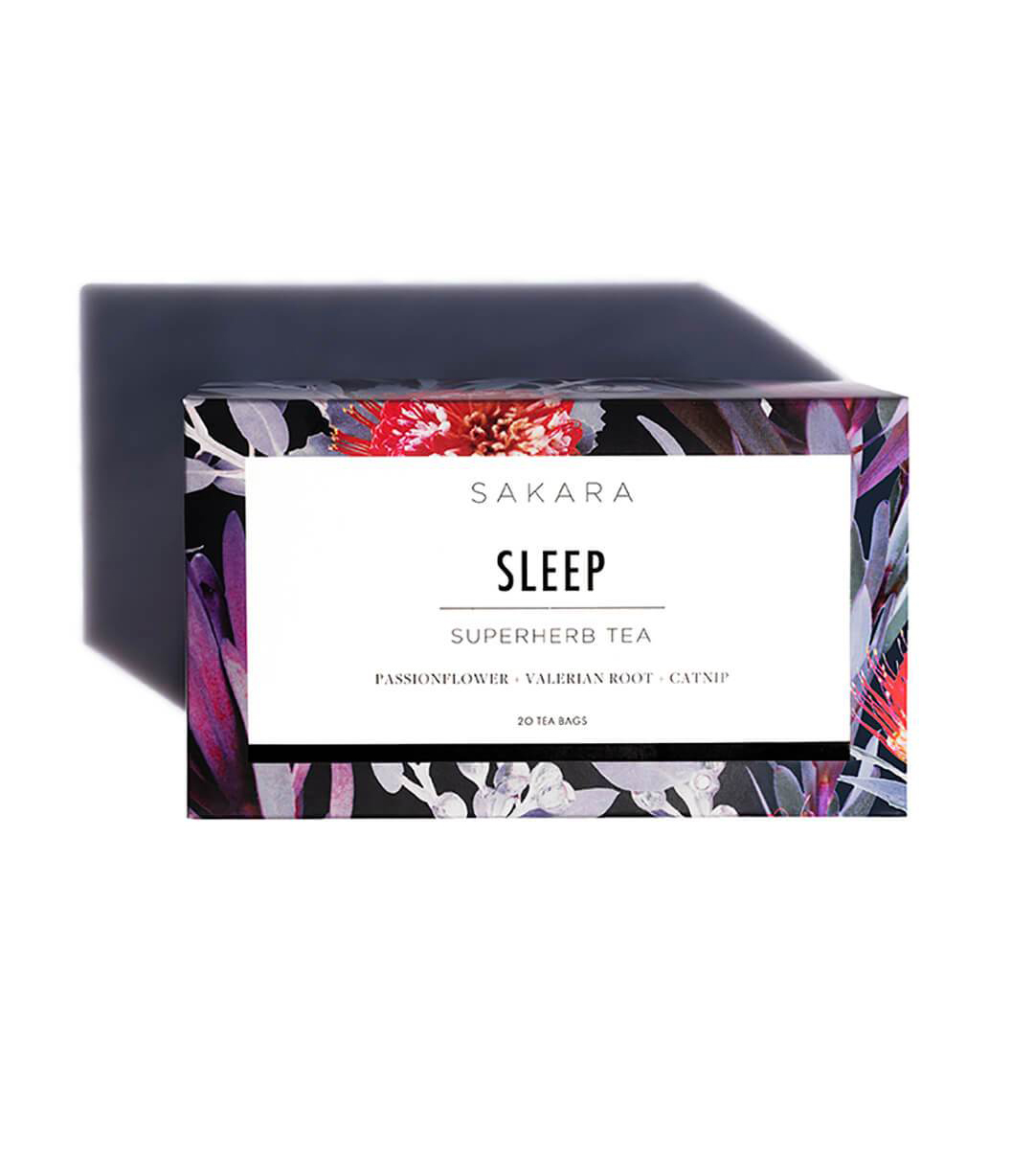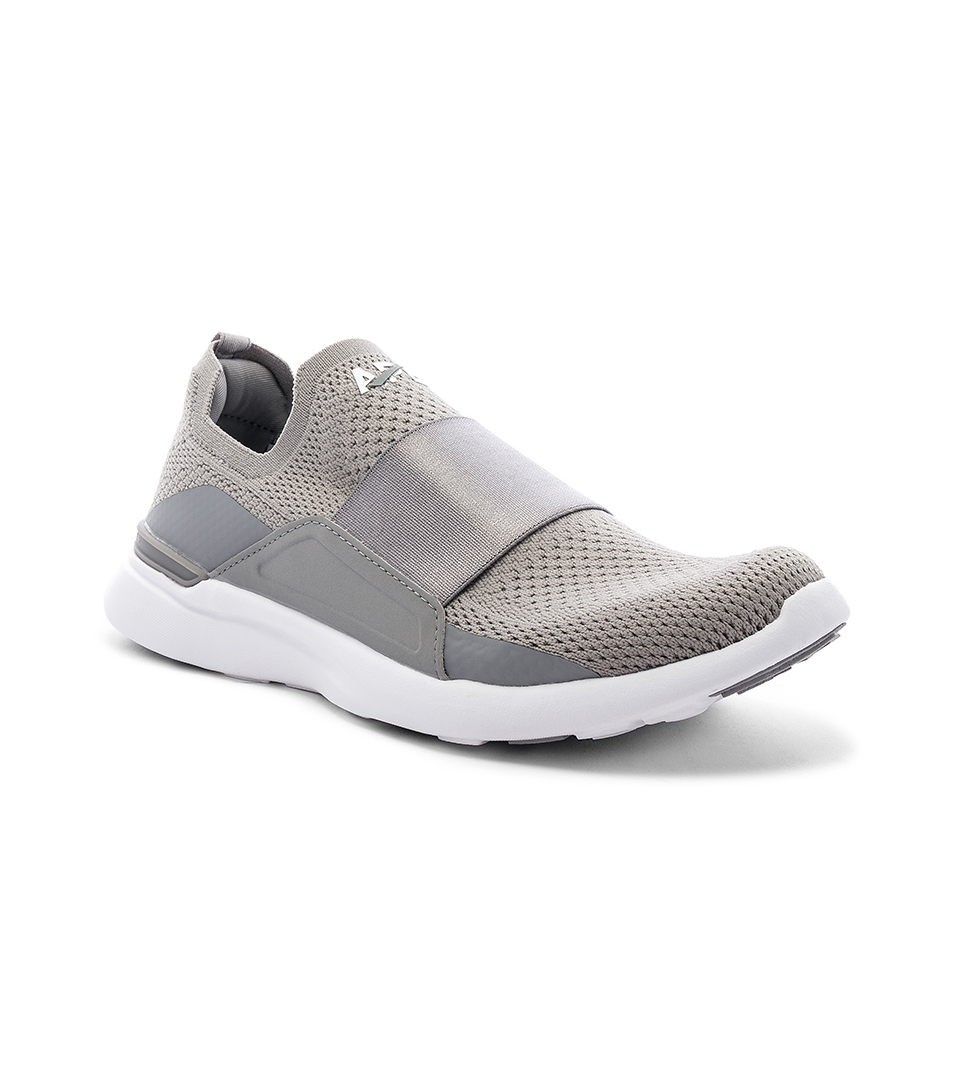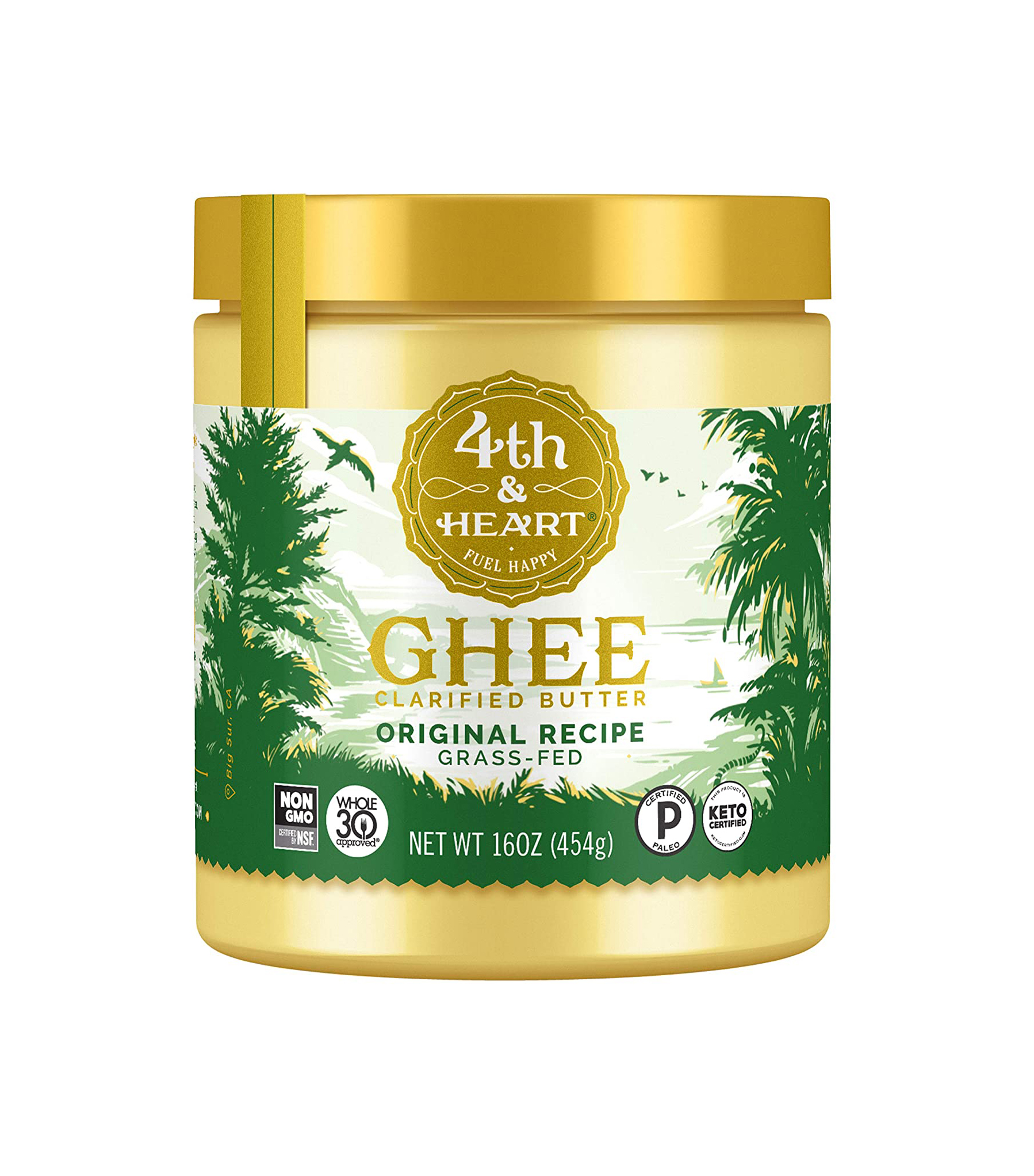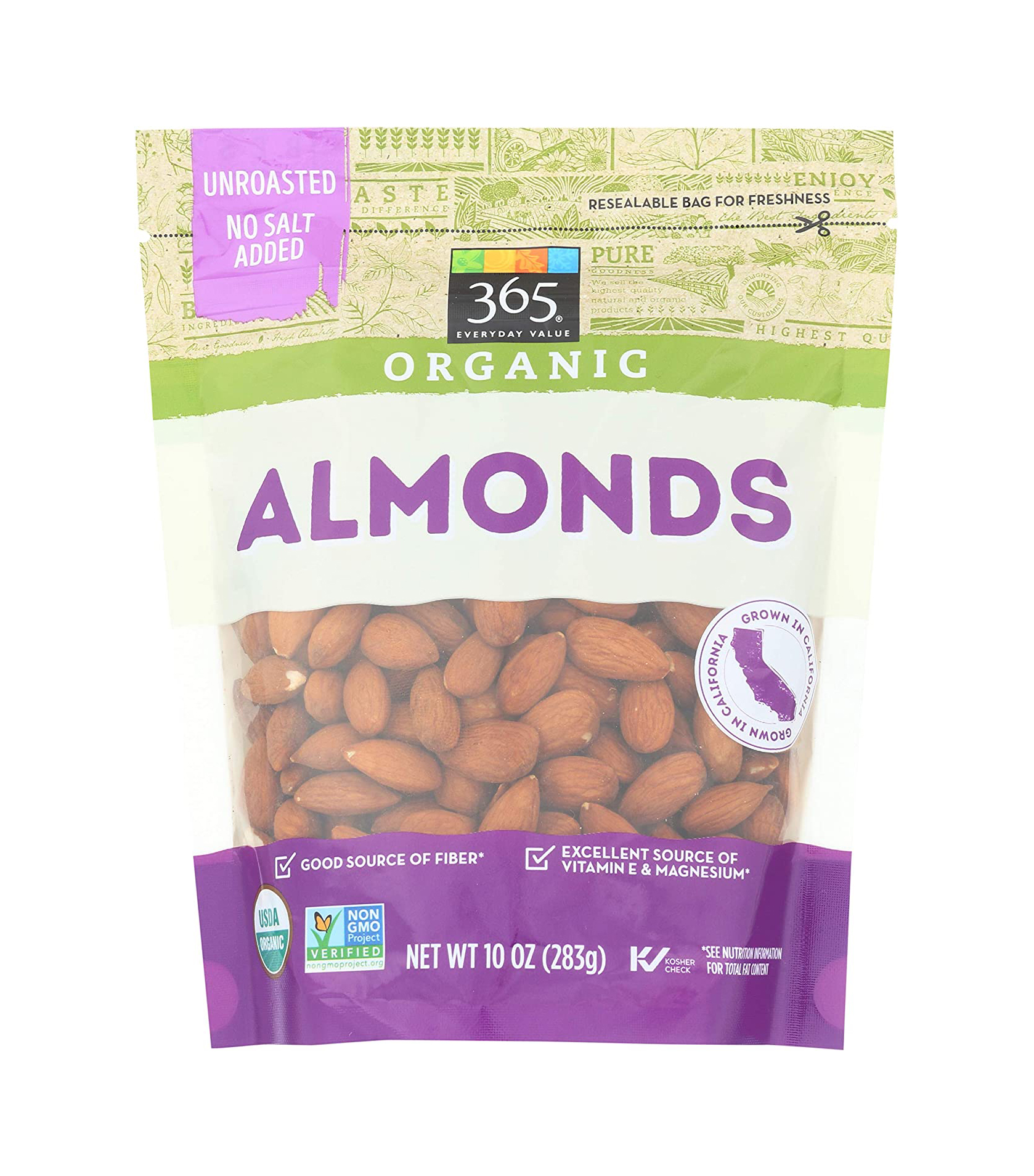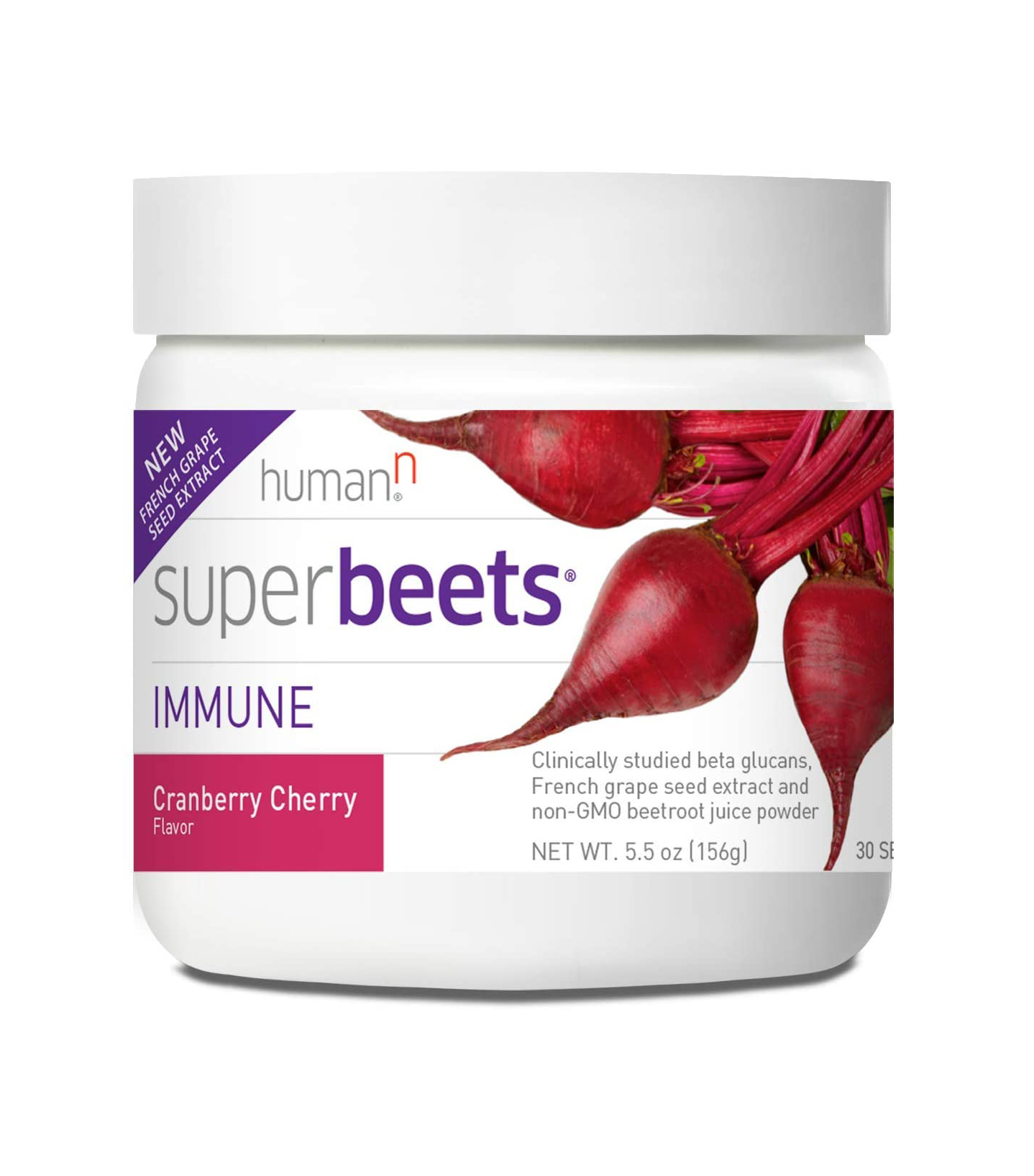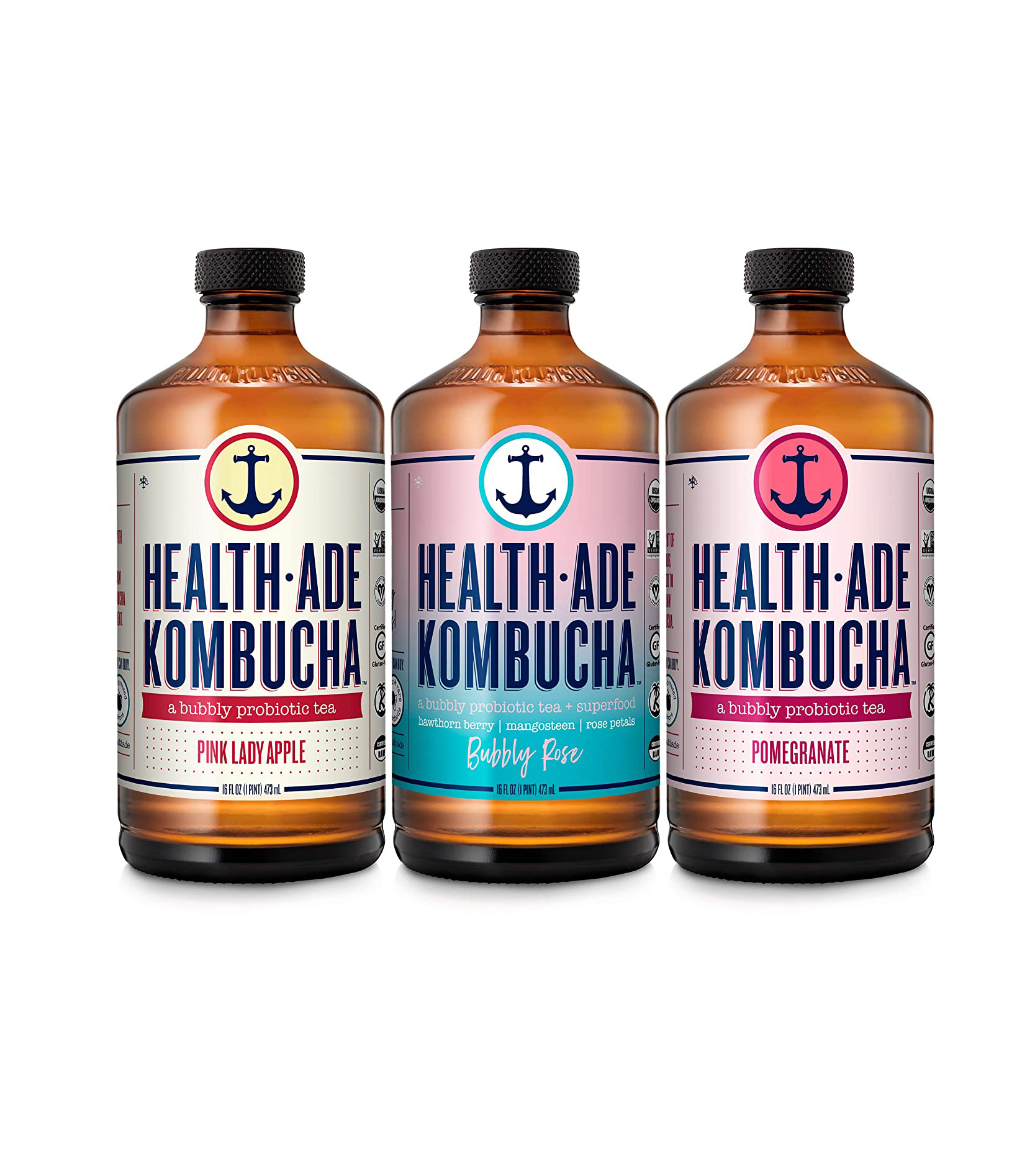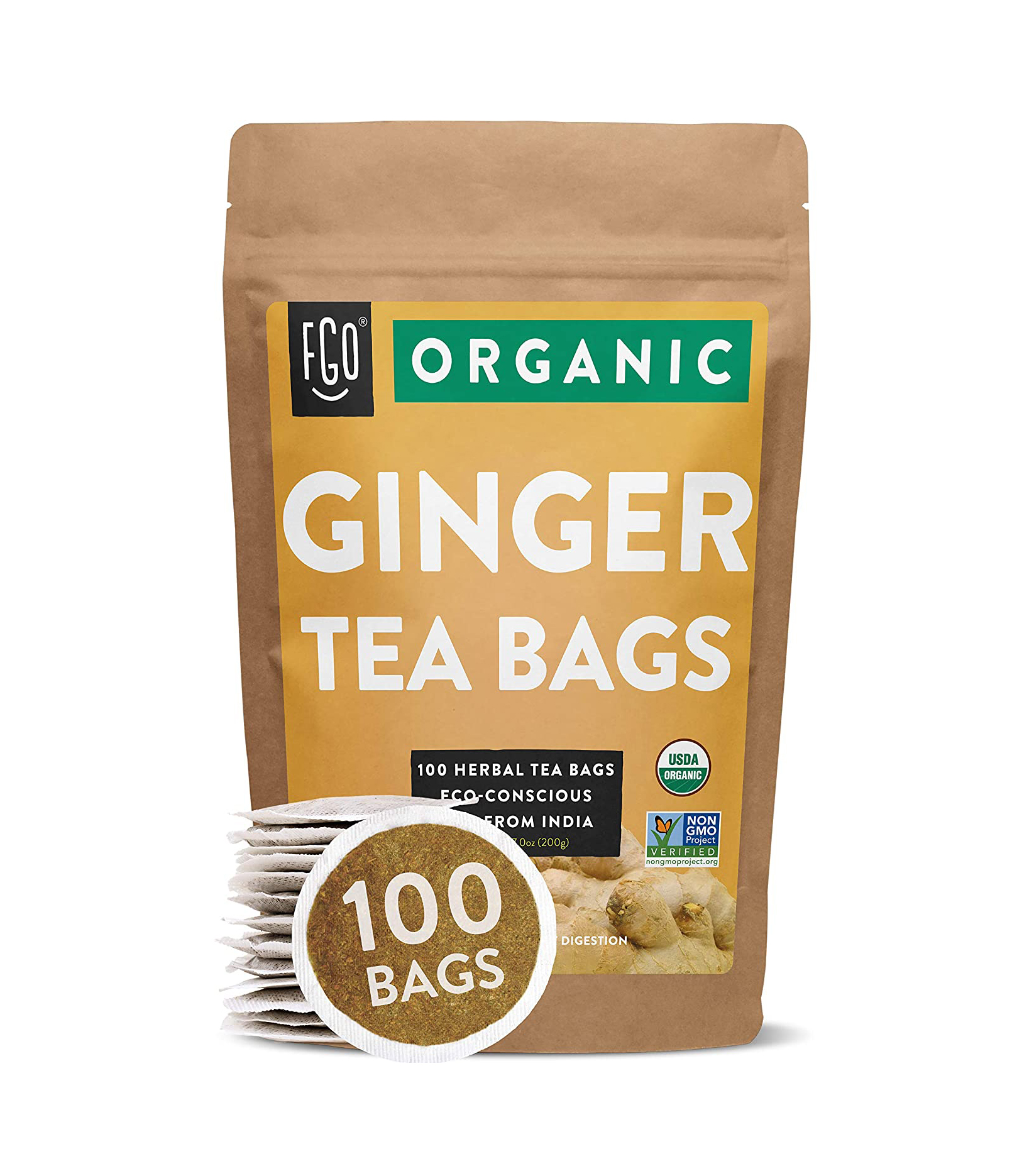9 Things to Do Now to Keep Your Immunity Boosted All Winter Long


As the chilliest months of the year descend, it's easy to assume that getting sick—whether it's a run-of-the-mill cold or, worse, the flu—is practically an inevitability. We're here to tell you that it doesn't have to be. Experts and science alike tell us that with the right wellness strategies in place, we can cut down that probability significantly, and it might be as easy as tweaking your diet or getting more sleep. (We probably don't have to twist your arm on the latter.)
Below, find nine simple ways to boost your immune system all season long. Who knows? You might actually enjoy winter for a change.
1. Get a flu shot

Even if you bolster your immunity with every other item on this list, it's still your safest bet to get a flu shot. Use the CDC's shot-finder search engine to see where to get one administered in your area.
2. Double down on your self-care routine

During a time of year when our bodies are more susceptible to illness, it's crucial to prioritize your existing wellness routine to ensure your natural defenses are humming along smoothly. When it comes to workouts, eating well, and other self-care activities, holistic nutritionist Meryl Pritchard recommends staying consistent. "The main takeaway is to do the same things like wake up, eat, exercise, eat, at the same time each day," she says. "Our bodies love routine. Align yourself with the natural rhythms of nature and wake up early, when all the birds start chirping and animals start moving about."
3. Make sleep your top priority

We know; we know. We don't really have to tell you twice. But it's worth emphasizing just how crucial shut-eye is to an efficient immune system. "When we sleep, our bodies are undergoing major restoration," says nutritionist Keri Glassman. "Not to mention when you sleep better, you eat better! Nothing equals sickness like being run-down in combination with a bad diet. So get enough sleep (whatever this means for you) and practice good sleep hygiene, including a device-free time to wind down every night."
4. Keep up your workouts

As Pritchard mentioned, consistency is key, and that includes breaking a regular sweat. Research tells us that maintaining your workouts can significantly reduce your chances of getting sick. Just don't overdo it, since upping the intensity of your sweat sessions when you're exposed to germs can actually lower your defenses.
5. Add immune-boosting foods to every meal

Eating (mostly) nourishing, organic, vitamin-packed foods is particularly key during this vulnerable time of year. Pritchard recommends sticking to seasonal produce whenever possible, even though your local farmers market might be a little sparse right now. Her approach is based in Ayurvedic medicine, which recommends eating certain things to address imbalances within the mind and body.
"Earth is very clever and provides us with the exact foods we need for proper nourishment and protection through a season," she says. "Focus on foods that have roots and are grown underground, containing grounding qualities to help root you during this erratic season: squash, carrots, sweet potatoes, ginger, and beets. Foods that are oily like ghee, eggs, nuts, seeds, whole grains, fish, and olives will help bring more moisture to your system to combat the dryness. Stews are also favored during this season since they're hearty, full of root vegetables, and have a liquid broth. In general, you'll want to reduce the number of raw vegetables and cold or frozen foods."
It's also not a bad idea to focus on specific foods that are shown to have immune-boosting properties, says Glassman, like fruits and veggies with a particularly high concentration of vitamin C. She recommends bell peppers, citrus fruits, and maitake mushrooms. You might also consider incorporating local honey into your diet. "It helps coat a sore throat but also has antimicrobial properties and is full of minerals," she explains.
6. A vitamin C supplement doesn't hurt, either
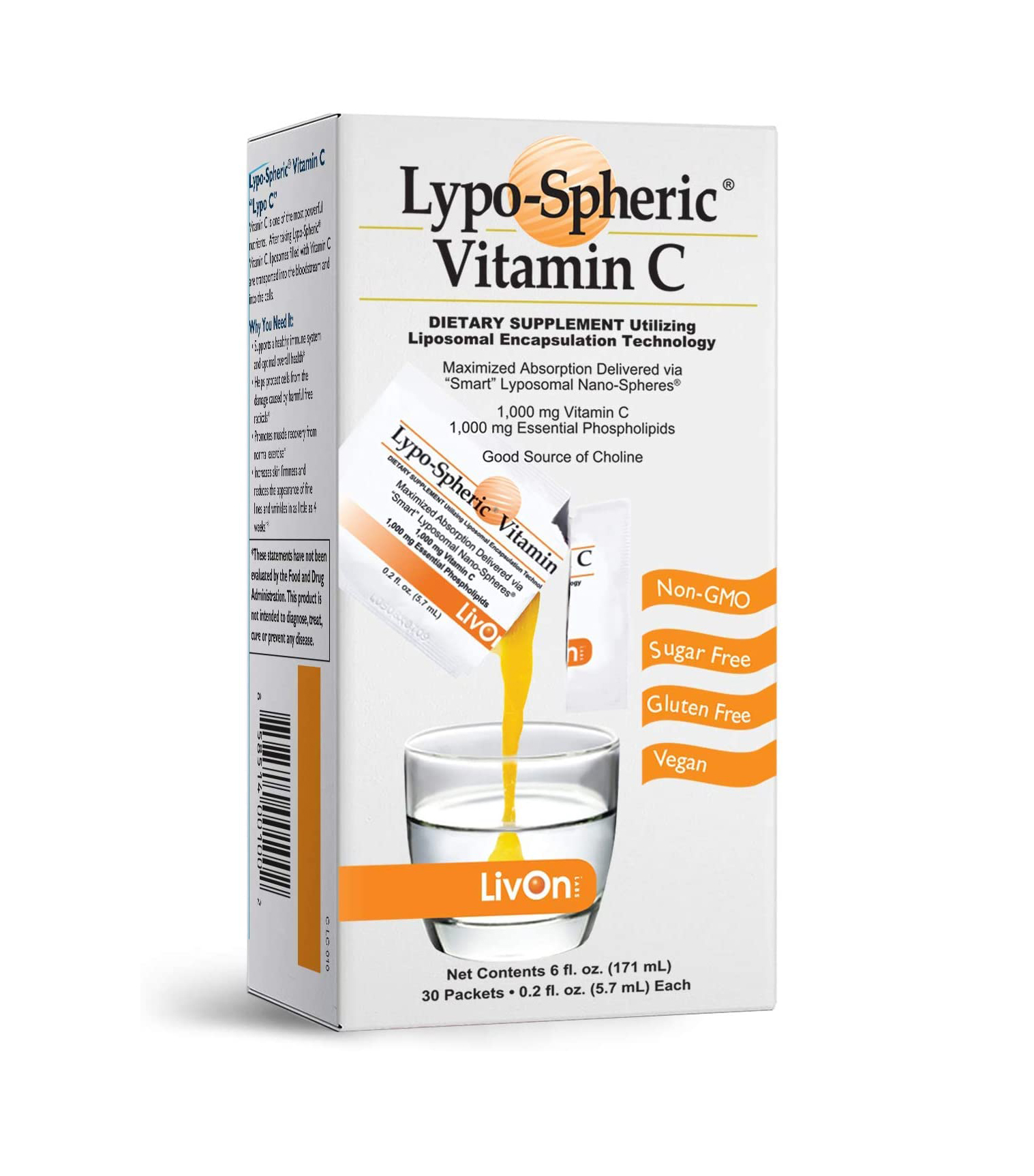
If you want your immune system running on all cylinders, there are some fantastic vitamin C supplements on the market that can help. These Lypo-Spheric gel packets are a THE/THIRTY favorite (especially when we feel a tickle in our throats), and Glassman also recommends HumanN's SuperBeets Immune ($42). "It contains 50 milligrams of vitamin C, as well as 250 milligrams of Wellmune, which has been clinically proven to support your immune system without overstimulating the system, making it safe for daily use," she says. "Mix with water and drink every morning, or add to a smoothie."
7. Mind your gut
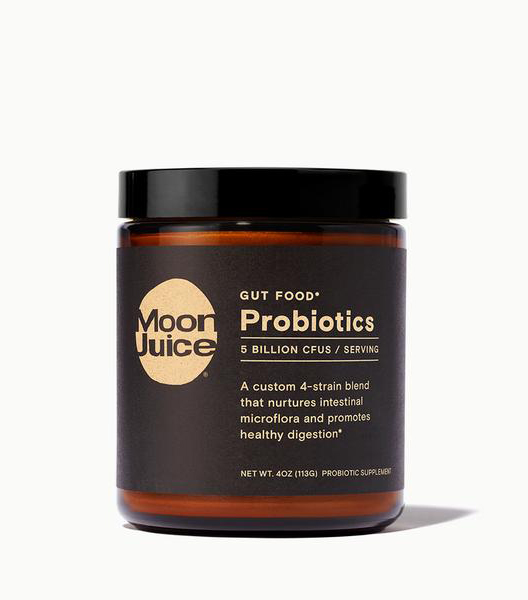
"A healthy gut helps support a healthy immune system and overall health," says Glassman, who recommends filling your diet with sauerkraut, Greek yogurt, and kombucha.
8. Try immune-boosting herbs
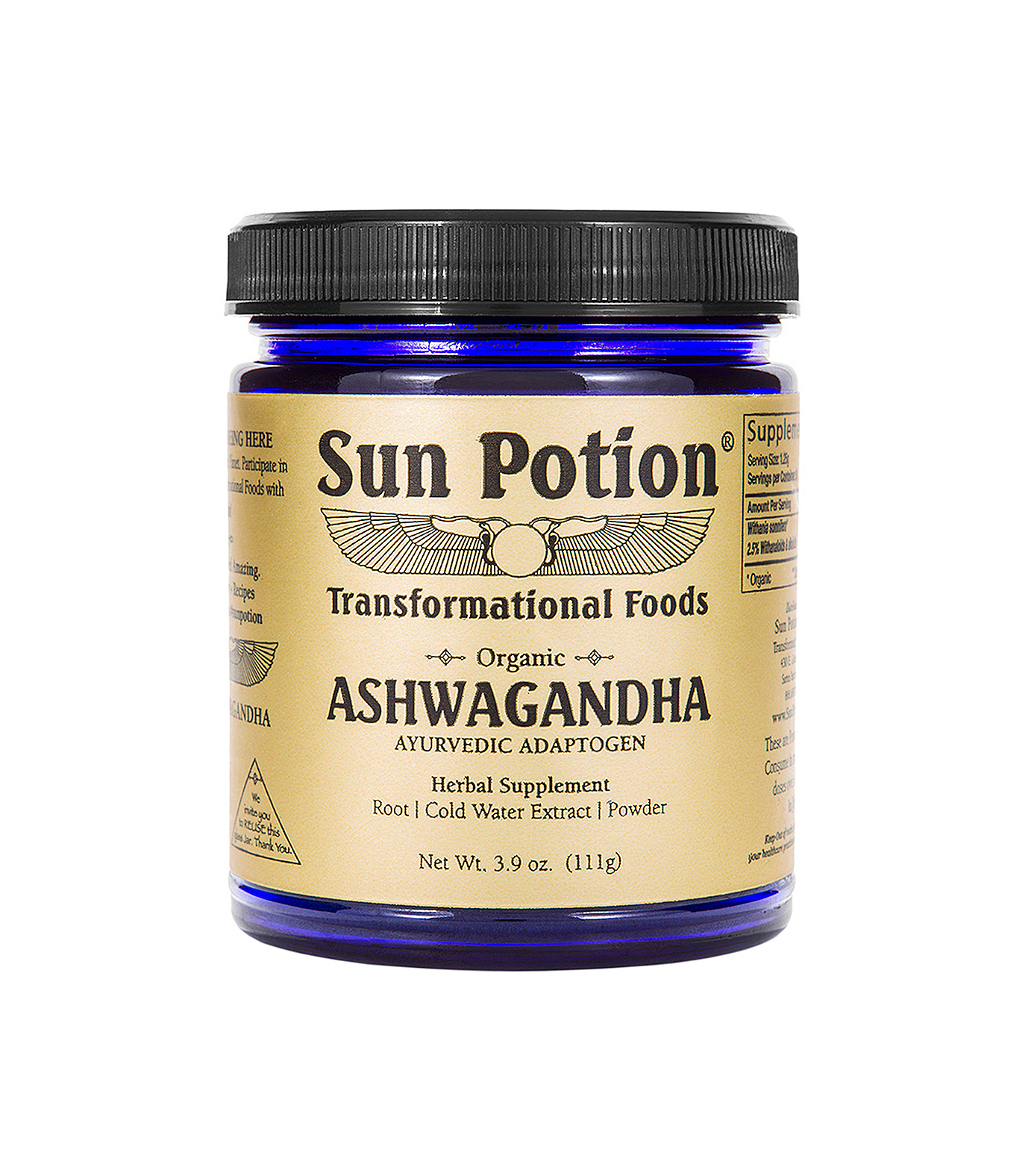
Be strategic about the supplements you take, focusing on those known to offer immune support and balance cortisol levels. Adaptogenic herbs are a great option. "Ashwagandha is my favorite supplement for this season," says Pritchard. "It is really good for stress, anxiety, and soothes the nervous system."She also recommends incorporating warming spices and teas into your daily routine. "Teas like ginger and tulsi are best for keeping your immune system strong or helping you battle a cold," she says. "Warming spices like cumin, cinnamon, cardamom, cayenne, and fennel will all help you stay strong through this harsh season as well."
9. Hang out with friends

The urge to hibernate this time of year is real, but might we recommend reaching out to some friends? Hangouts might look a little different this year with social distancing, but you can always schedule a Zoom session. Research tells us that being social has a significant balancing effect on our hormones, which in turn helps stabilize our immune system. We'll raise a glass of red wine to that.
Next up: 9 Sneaky Things Nutritionists Say Could Sabotage Your Metabolism
This article was originally published at an earlier date and has since been updated.
Disclaimer
This article is provided for informational purposes only and is not intended to be used in the place of advice of your physician or other medical professionals. You should always consult with your doctor or healthcare provider first with any health-related questions.
